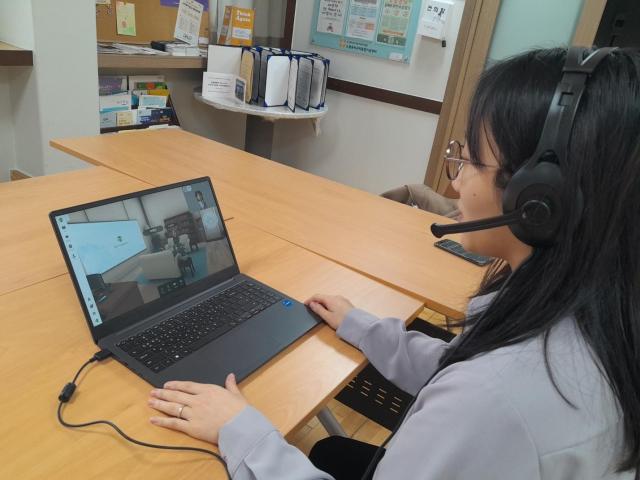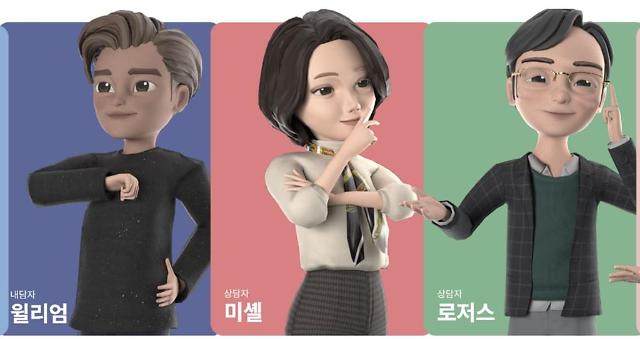
SEOUL -- Virtual online space of metaverse operated by Seoul's northernmost district of Dobong has attracted hundreds of high school and university students, who seek counselling anonymously to treat addiction problems. The district offers online environments that young people find comfortable and familiar so that they can easily open their hearts and speak freely and truly about their problems.
South Korean society with more than three million patients who suffer from mental diseases and disorders has a long and rarely spoken history of hiding illnesses such as addiction, depression, dementia, and schizophrenia. From ancient times, people with mental problems were often kicked out of local communities or grounded to their residential premises to prevent them from causing trouble. A person confessing or openly speaking that he or she has a mental disorder could easily be seen as a sign of weakness. Because of such reasons, many people fear to seek for professional help even though the situation they are in is very serious.
"Because young people may hesitate to visit us in person, we set up a metaverse platform so they could easily gain access to our services," Dobong Addiction Control Center's spokesperson Ha Narihan told Aju Korea Daily on January 10. She said the district office's metaverse service is mostly used by university students on Metaforest, a metaverse counseling platform created by virtual reality platform developer Yatavent. Since 2022, more than 400 people have received counseling services in virtual spaces that were created in the form of cafes and camping grounds.
Anonymous counseling is gaining popularity among young South Koreans after 2020 when the first wave of the COVID-19 pandemic swept across the country. As online classes and events have become prevalent, face-to-face interactions have significantly declined. Data released by the operator of Youth Counseling 1388, a state-run counseling service, showed that the number of phone counseling cases for South Koreans aged between nine to 24 was 493,393 in 2022.
In a 2021 survey of some 1.29 million elementary, middle, and high school students, conducted by South Korea's family ministry, about 18 percent of South Korean students were addicted to the internet or smartphones. The number of teenagers seeking treatment for drug abuse has also drastically increased. According to the National Medical Center, teenagers undergoing treatment for drug abuse rose by 41.4 percent year-on-year to 1,678 in 2021.
Copyright ⓒ Aju Press All rights reserved.





View more comments